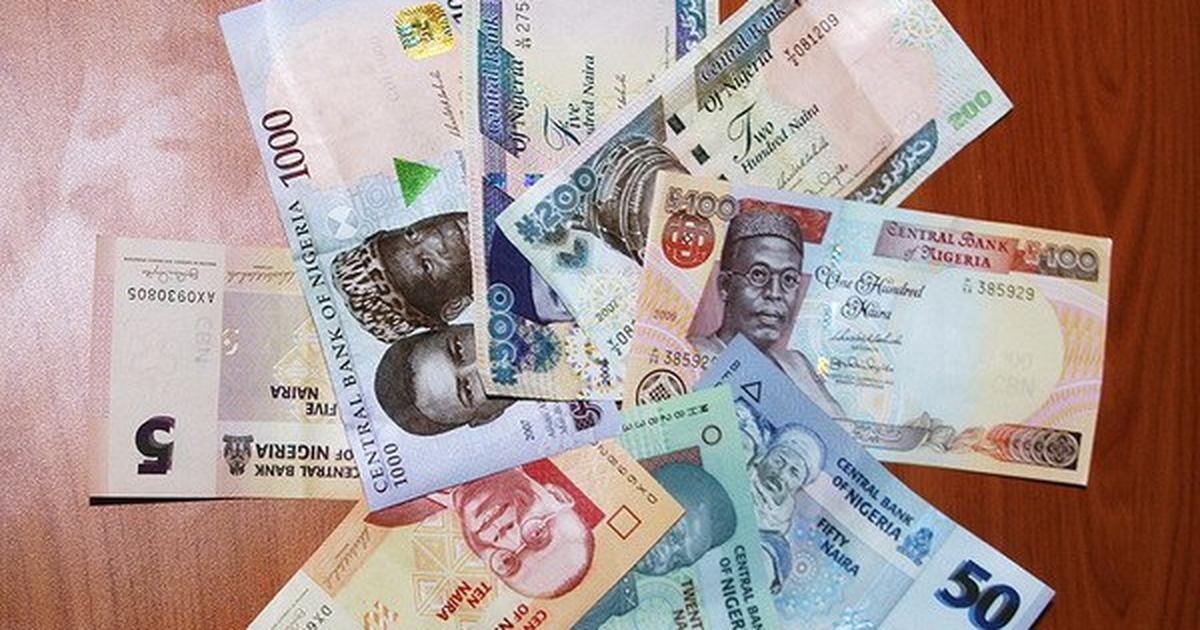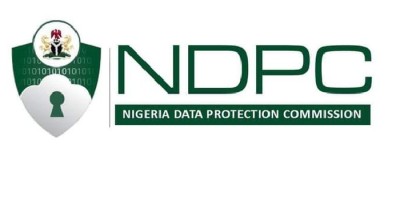At a glance: Update on CBN’s Regulatory Directives on Cash Withdrawal Limits
Posted on Thu 22 Dec 2022
- Download Resource
Following feedback received from stakeholders on its Circular of December 6, 2022 (“earlier Circular”), the Central Bank of Nigeria (“CBN”), via a new Circular titled: “Re: Naira Redesigned Policy – Revised Cash Withdrawal Limits” and dated December 21, 2022, with reference number: BSD/DIR/PUB/LAB/015/073 (“updated Circular”), announced a review of its earlier regulatory directives to commercial banks and other financial institutions (“OFIs”) on the revised cash withdrawal limits set to take effect from January 9, 2023.
The table below highlights the changes made by the updated Circular to the regulatory directives set out in the earlier Circular.
|
S/N |
TRANSACTION |
EARLIER CIRCULAR |
UPDATED CIRCULAR |
|---|---|---|---|
|
1 |
OTC Cash Withdrawal Limit. |
|
|
|
2. |
OTC Cash Withdrawal Above Limit. |
|
|
|
3. |
ATM Cash Withdrawal Limit. |
|
|
|
4. |
PoS Terminal Cash Withdrawal Limit. |
|
|
|
5. |
Third Party Cheque OTC Payment & Clearing Limits. |
|
|
Commentary
While the updated Circular supersedes the earlier Circular, it is important to note that the effective date of the regulatory directives (January 9, 2023) remains unchanged. In the same vein, all regulatory and compliance obligations of financial institutions regarding anti-money laundering/combating the financing of terrorism (AML/CFT), know-your-customer (KYC) regime, returns rendition, customer due diligence and suspicious transaction reporting, among others, remain the same under the updated Circular.

Furthermore, whilst the earlier Circular was addressed to only commercial banks and OFIs, in the updated Circular, Mobile Money Operators (MMOs) and Agents were included. This, in our opinion, is not unconnected to the widespread view that the cash withdrawal limits in the earlier Circular would stifle agent banking business and other cash-based enterprises, particularly those operating in underserved and rural communities, with sparsely located ATMs or little or no stable internet access required for mobile and electronic banking. It has been argued that the directives in the earlier Circular would have been counterproductive to the CBN’s policy of financial inclusion, as it could exclude millions of informal sector players from the financial system. The updated Circular is therefore a welcome development. As the CBN continues in its drive towards a cashless economy, other stakeholders, including players in the telco and fintech space must also collaborate so that we can have the much-needed infrastructure and systems that will promote financial inclusion in Nigeria.
Click here to read our commentary on the legal, regulatory and compliance implications of the earlier Circular on businesses.
DISCLAIMER: This publication is only intended to provide general information on the subject matter and does not by itself create a client/attorney relationship between readers and our Law Firm or serve as legal advice. We are available to provide specific advice on the subject of this newsletter, as may be required.














